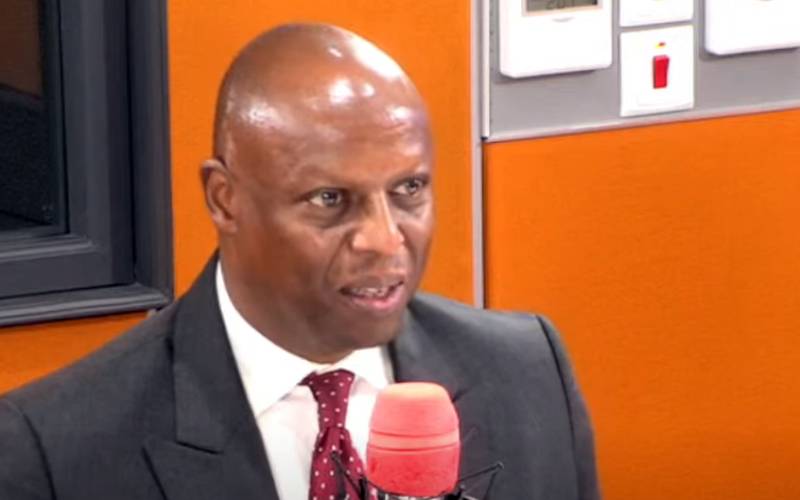×
The Standard e-Paper
Smart Minds Choose Us

Petroleum and Mining Principal Secretary Andrew Kamau has blamed Kenyans’ panic-buying habits and small-scale fuel dealers’ financial indiscipline on the fuel crisis that has hit the country hard.
His remarks come on the back of the entrance of the port city of Mombasa into the list of regions facing fuel scarcity. Mombasa is the hub of all fuel that enters the Kenyan market through the sea.